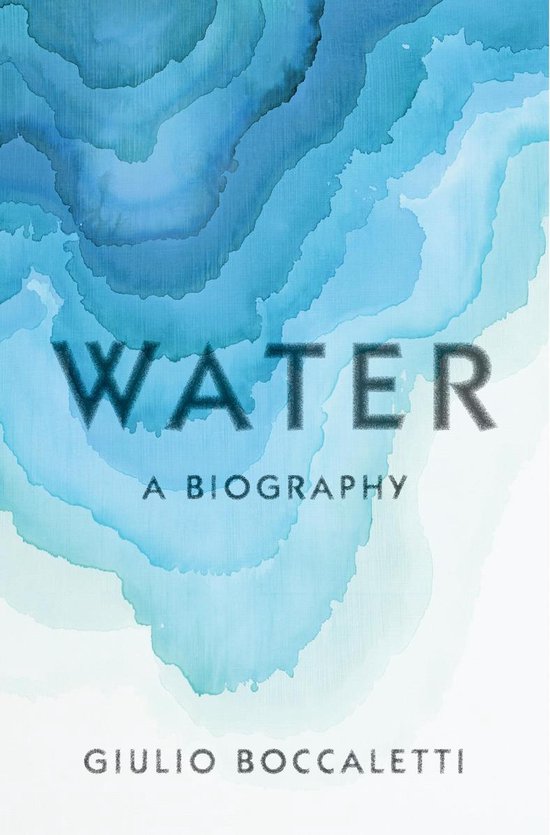
Water
Spanning millennia and continents, here is a stunningly revealing history of how the distribution of water has shaped human civilization. Boccaletti, of The Nature Conservancy, tackles the most important story of our time: our relationship with water in a world of looming scarcity (Kelly McEvers, NPR Host).
Writing with authority and brio, Giulio Boccalettihonorary research associate at the Smith School of Enterprise and the Environment, University of Oxfordshrewdly combines environmental and social history, beginning with the earliest civilizations of sedentary farmers on the banks of the Nile, the Tigris, and the Euphrates Rivers. Even as he describes how these societies were made possible by sea-level changes from the last glacial melt, he incisively examines how this type of farming led to irrigation and multiple cropping, which, in turn, led to a population explosion and labor specialization.
We see with clarity how irrigations structure informed social structure (inventions such as the calendar sprung from agricultural necessity); how in ancient Greece, the communal ownership of wells laid the groundwork for democracy; how the Greek and Roman experiences with water security resulted in systems of taxation; and how the modern world as we know it began with a legal framework for the development of water infrastructure.
Extraordinary for its monumental scope and piercing insightfulness, Water: A Biography richly enlarges our understanding of our relationship toand fundamental reliance onthe most elemental substance on earth.
Writing with authority and brio, Giulio Boccalettihonorary research associate at the Smith School of Enterprise and the Environment, University of Oxfordshrewdly combines environmental and social history, beginning with the earliest civilizations of sedentary farmers on the banks of the Nile, the Tigris, and the Euphrates Rivers. Even as he describes how these societies were made possible by sea-level changes from the last glacial melt, he incisively examines how this type of farming led to irrigation and multiple cropping, which, in turn, led to a population explosion and labor specialization.
We see with clarity how irrigations structure informed social structure (inventions such as the calendar sprung from agricultural necessity); how in ancient Greece, the communal ownership of wells laid the groundwork for democracy; how the Greek and Roman experiences with water security resulted in systems of taxation; and how the modern world as we know it began with a legal framework for the development of water infrastructure.
Extraordinary for its monumental scope and piercing insightfulness, Water: A Biography richly enlarges our understanding of our relationship toand fundamental reliance onthe most elemental substance on earth.
| Auteur | | Giulio Boccaletti |
| Taal | | Engels |
| Type | | Hardcover |
| Categorie | | Mens & Maatschappij |